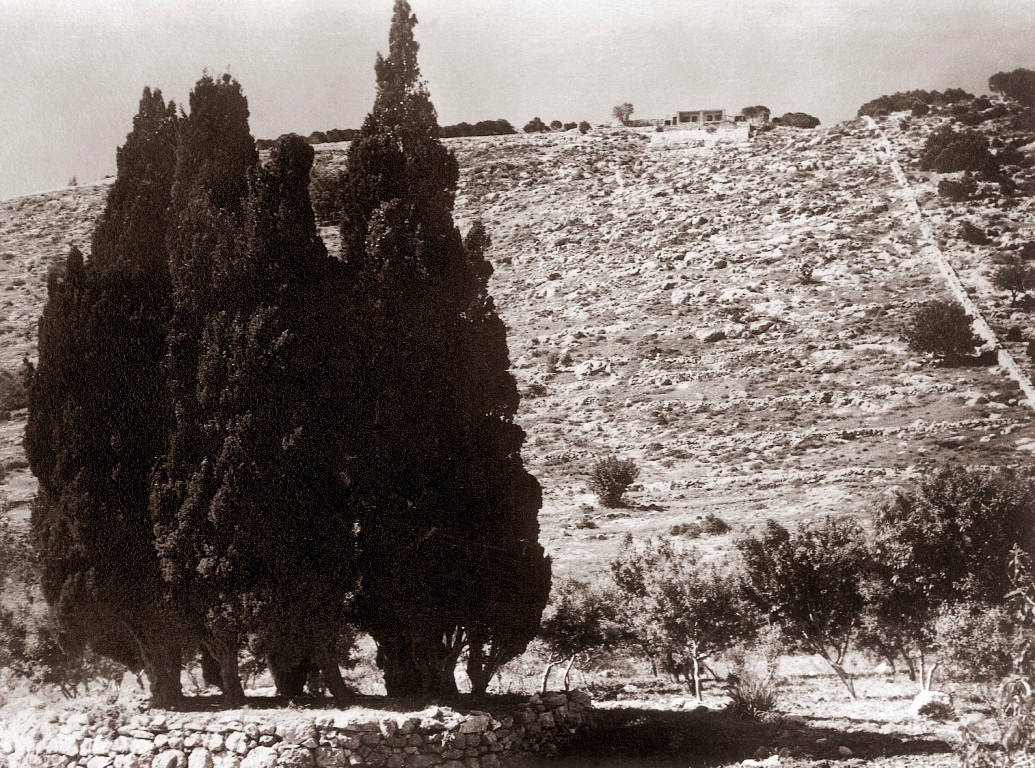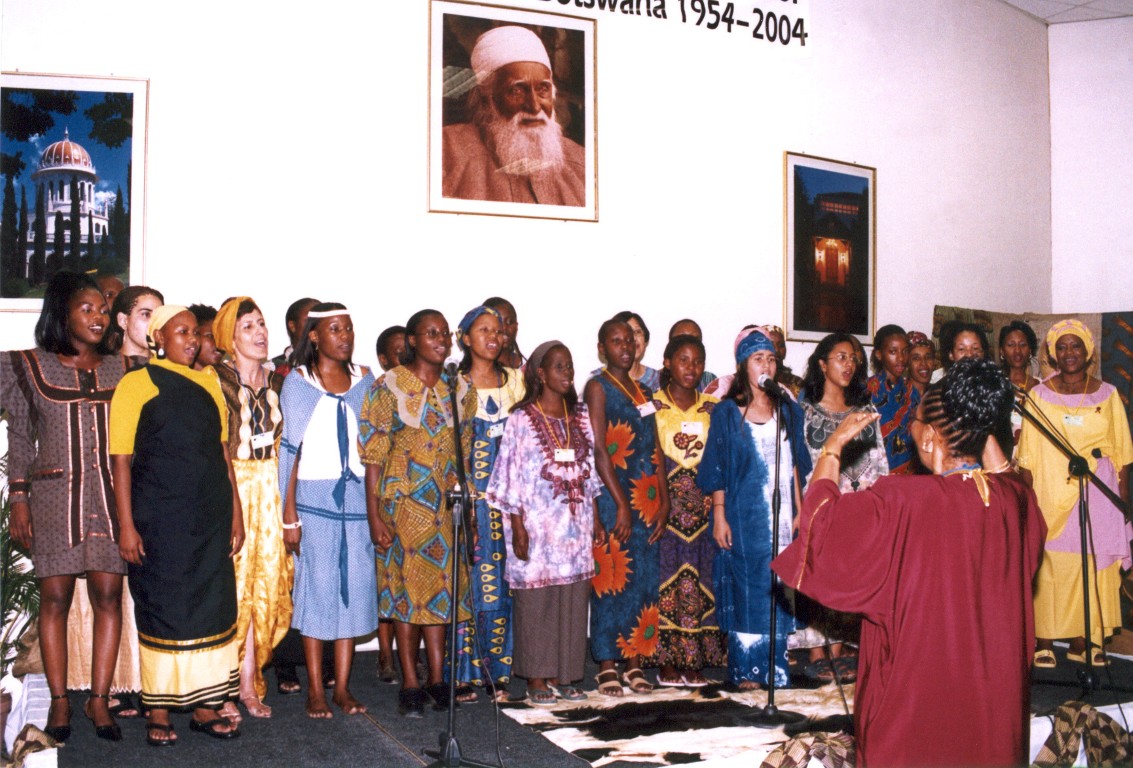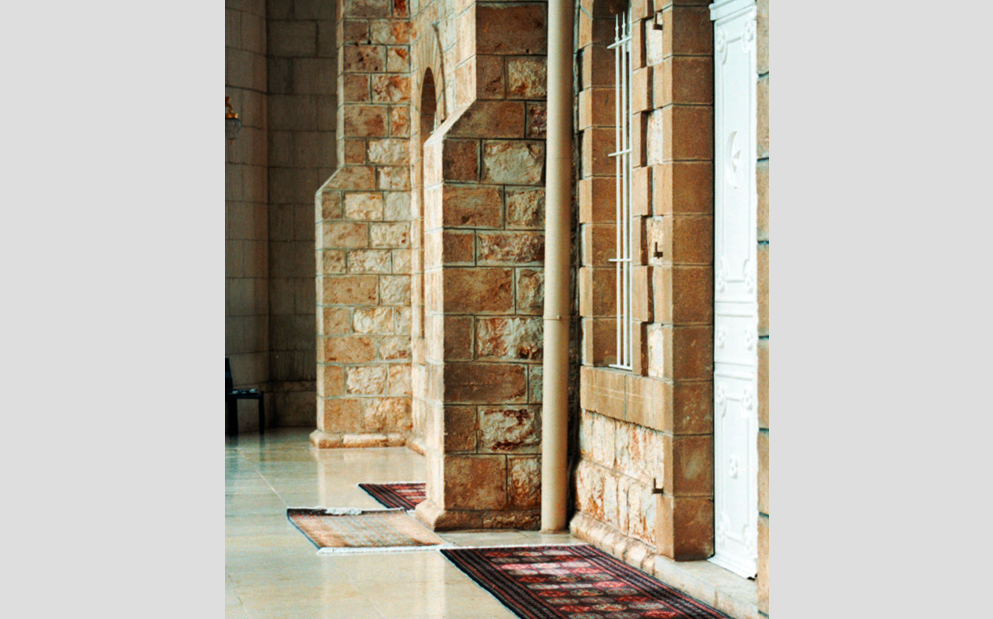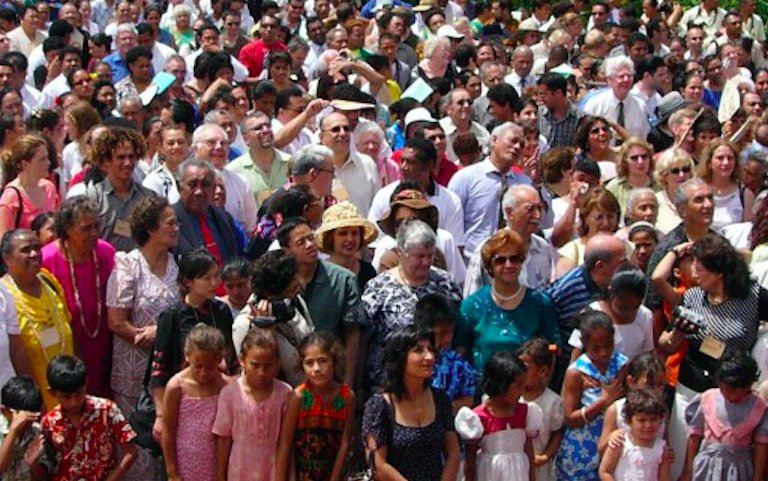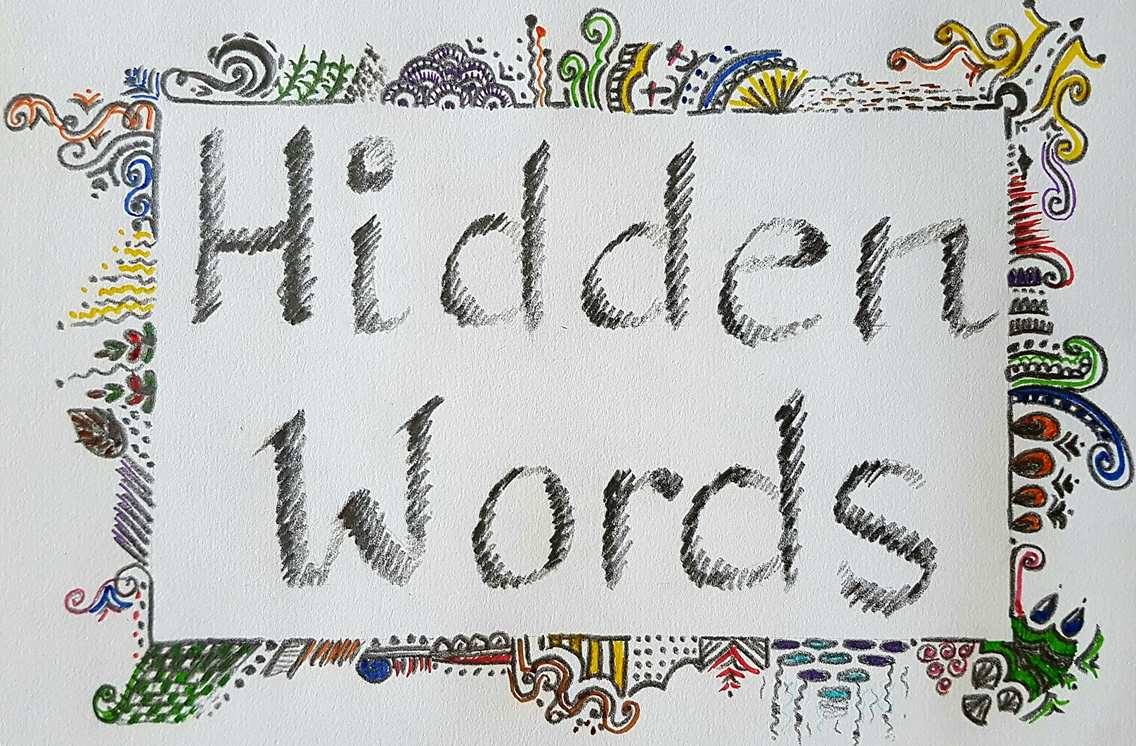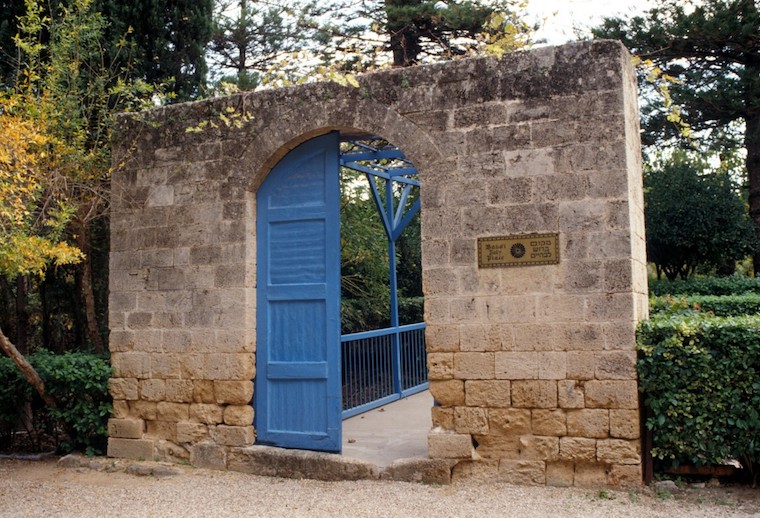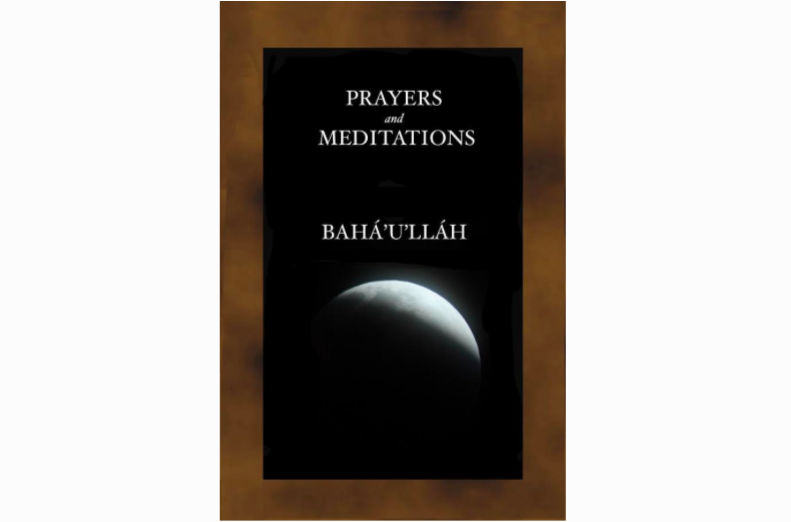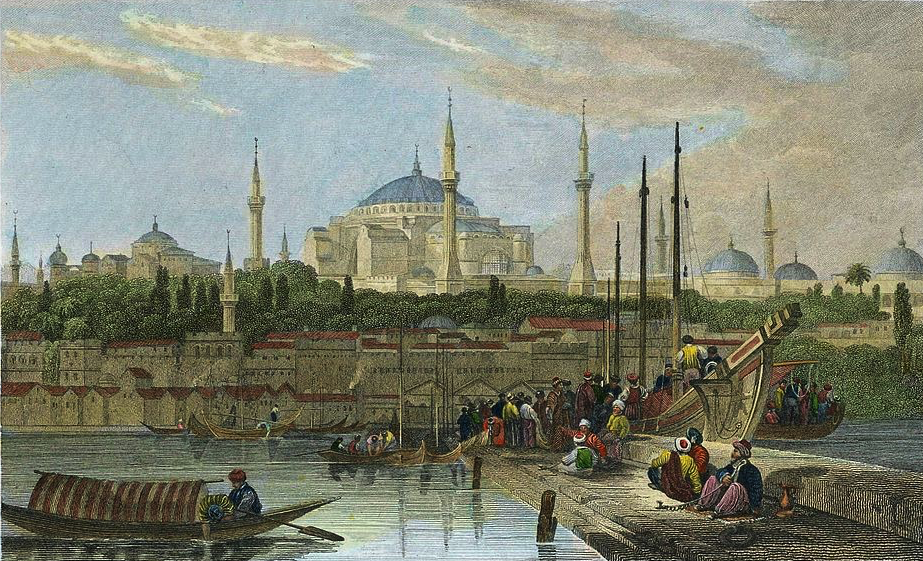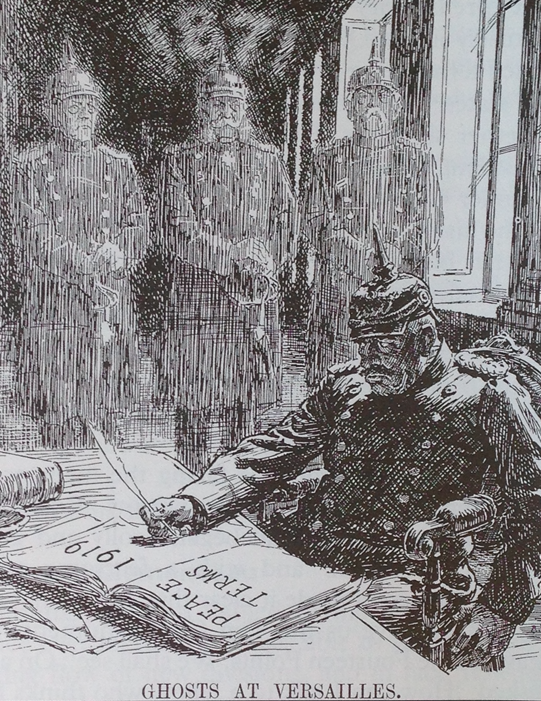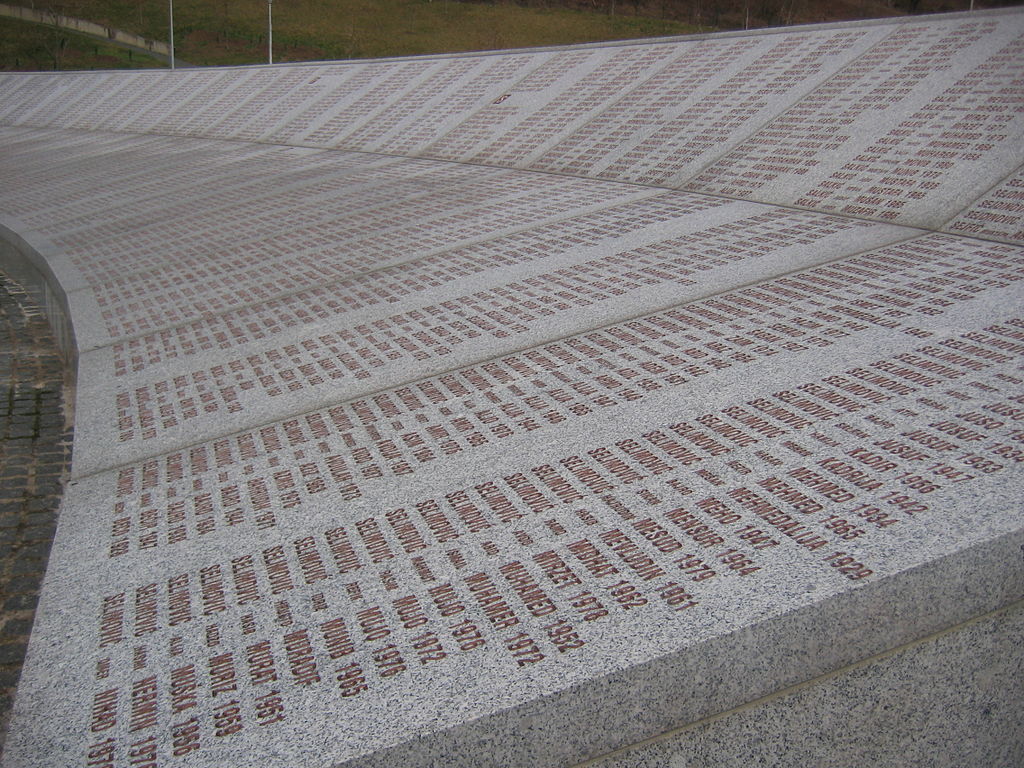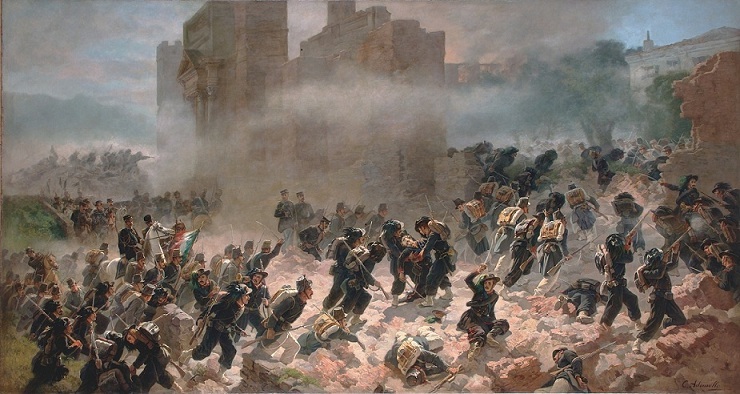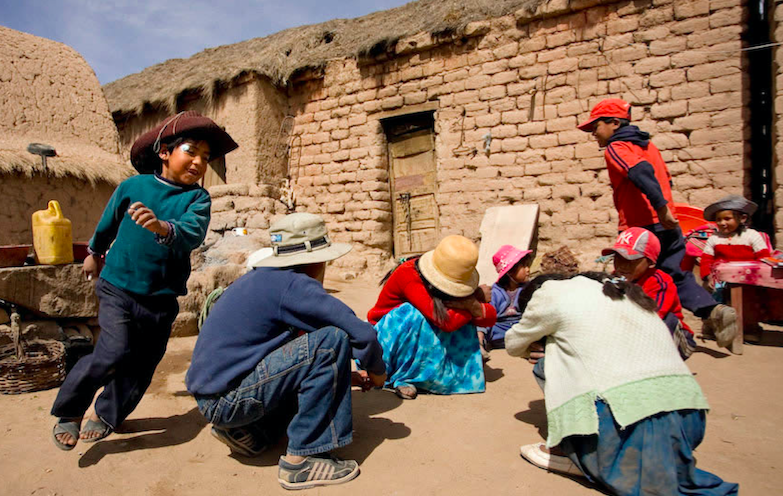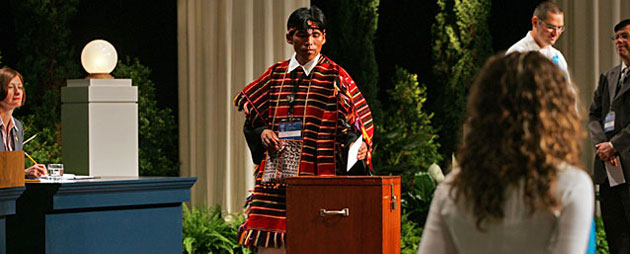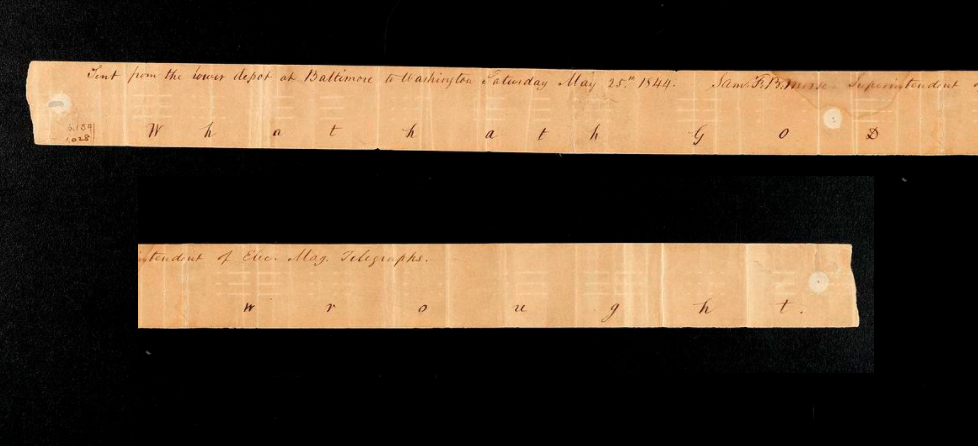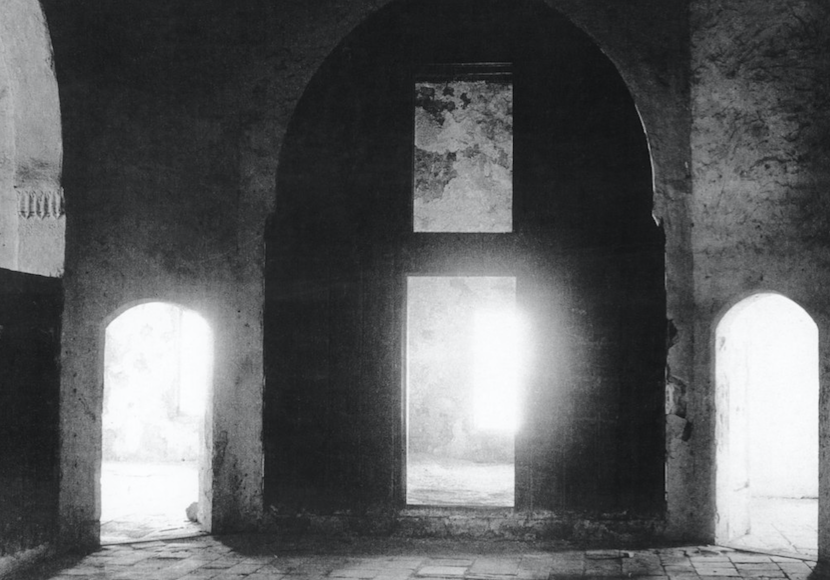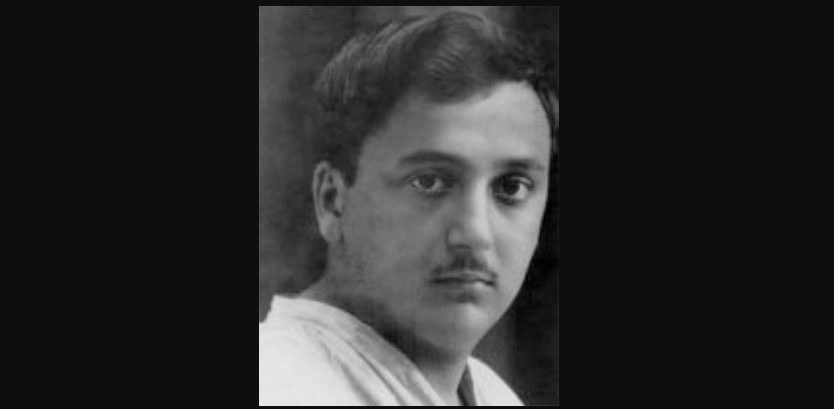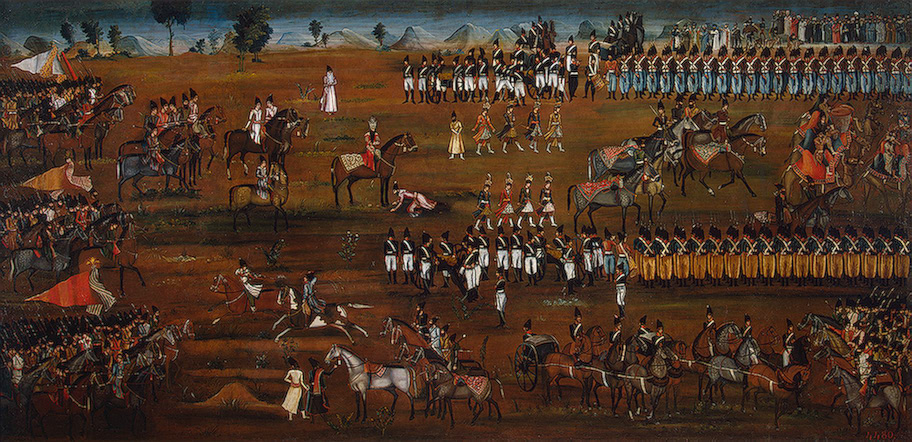-
How Bahá’u’lláh Came to Be in the Holy Land
It is a curious fact of history that it was the successive banishments of Bahá’u’lláh by the Ottoman Sultan, which finally led him to the prison city of Akka, that placed Bahá’u’lláh in the Holy Land. I don’t need to explain where the Holy Land is because the reference is so well known. Judaism, Christianity and Islam all hold the land sacred, as does the Baha’i Faith. For a good proportion of the world the Holy Land is a spiritual heartland. This was the land where the Prophet Isaiah had prophesied, In the last days the mountain of the Lord’s temple will be established as the highest of the mountains; it…
-
We are One – Overcoming Racism: Part 1
While Bahá’u’lláh, a persecuted prisoner of the Ottoman Sultan, was promulgating his universal teachings of the oneness of humanity, wholly different and toxic doctrines were taking hold in Western thought. Racism was emerging as scientific and intellectual orthodoxy and was to reach its horrific nadir in the holocaust of World War II. Europeans held dominance over their fellow human beings as colonial powers – a dominance often misused. A strict racial segregation and hierarchy was the reality of race relations in America. The flowering of European material culture seduced many in the West with the false idea of inherent “white” superiority. Racism is entirely at odds with Bahá’u’lláh’s teachings and the intent and meaning…
-
Mystic Gems – the Hidden Words of Bahá’u’lláh
Among the most well-known works of Bahá’u’lláh are the Hidden Words. They are written in brief “gem-like utterances”,[1] 71 in Arabic and 82 in Persian. They are at once of crystalline clarity and yet impenetrable in their allusion to a spiritual reality beyond our day-to-day experience. The Hidden Words are among the works which Bahá’u’lláh wrote in the voice of the “truth-seeker and mystic”.[2] They were written in 1857–58 and were the fruit of Bahá’u’lláh’s meditations while walking the banks of the Tigris River in Baghdad. Bahá’u’lláh introduces them as follows: This is that which hath descended from the Realm of Glory, uttered by the tongue of power and might, and revealed unto the…
-
A Mountain of Roses: The Ridvan Festival
The second exile of Bahá’u’lláh by the Sultan of the Ottoman Empire, this time from Baghdad to Constantinople, is not remembered as a time of sorrow. It is remembered as a time of joy. For this time, in April 1863, marks the time when Bahá’u’lláh declared his mission to his closest friends and followers. For nearly 10 years, Bahá’u’lláh had restored the remnant followers of the Bab in Baghdad. He was a figure to which the community had naturally turned. As his fame grew, an increasing stream of visitors had come to his door, some travelling from Persia, including some high-ranking members of the Persian court. Writings such as the Hidden Words, the…
-
Prophet and Seer
Is it possible to see the future? All of us can predict the future to a small degree, simply on the basis of past experience. Yet the idea that someone could see events far into the future raises scepticism. It is outside our common experience. Some of us have subjective experiences of deja vu (a feeling we have seen some event before) or dreams which we see realised sometime in the future. Bahá’u’lláh writes of this phenomenon. Behold how the dream thou hast dreamed is, after the lapse of many years, reenacted before thine eyes. Consider how strange is the mystery of the world that appeareth to thee in thy dream.[1] An instance…
-
As Mild As Milk – The Human Power of Speech
We live in a time where increasingly shouting down those who think differently than we do is the “normal” of public discourse. Words are bludgeons to be used to subdue and humiliate an opponent or win an argument. Truth is distorted or disregarded. Listening plays a marginal role in this verbal warfare, and the polarisation of society and heightened potential for conflict are frequent outcomes. Yet the power of speech (with its full implications of complexity, abstraction and grammar) is, as far as we know, a distinguishing characteristic of human beings. The tongue, Bahá’u’lláh, warns is a “smouldering fire” consuming “heart and soul”, “the effects of which last a century”.[1] It is…
-
Human Nature: What Does It Mean to Be Human?
What does it mean to be human? We rarely think about it. Yet implicitly and explicitly our actions are based on assumptions or beliefs about human nature. Are human beings essentially selfish? Are we essentially material beings – animals with enhanced intelligence? Are we defined primarily by our material characteristics, such as our nationality or our gender or age? What, for example, are models of human nature embedded in our legal system? How does society implicitly and explicitly define us? The language we speak, our cultural context, the day to day behaviours we engage in – all are profoundly influenced by ideas about human nature. In an age of media saturation…
-
No Human Being is Unclean
Bahá’u’lláh abolishes the concept of “uncleanness”. In different cultures, at different times, human beings and things have been held to be “unclean” – in the specific case of religion, “ritually unclean”. In 1873, Bahá’u’lláh wrote: God hath … abolished the concept of “uncleanness,” whereby divers things and peoples have been held to be impure.… Verily, all created things were immersed in the sea of purification when, on that first day of Riḍván, We shed upon the whole of creation the splendors of Our most excellent Names and Our most exalted Attributes.[1] Bahá’u’lláh’s purpose in doing so is suggested in the words that follow shortly after: Consort ye then with the followers of all…
-
Bahá’u’lláh’s Writings – An Introduction
At one time We spoke in the language of the lawgiver; at another in that of the truth-seeker and the mystic…. [1] This phrase was written by Bahá’u’lláh almost at the end of his life, in his own summation of his life’s work. If you are new to Bahá’u’lláh’s writings, it might not be obvious where to begin. Indeed, it is likely that where to begin is different for each individual. The aim of this article is to provide a broad description of some of Bahá’u’lláh’s key works which span a forty-year period from the 1850s to the 1890s. Also provided below are some online resources, including ebooks. If you haven’t read Bahá’u’lláh’s writings before, perhaps one…
